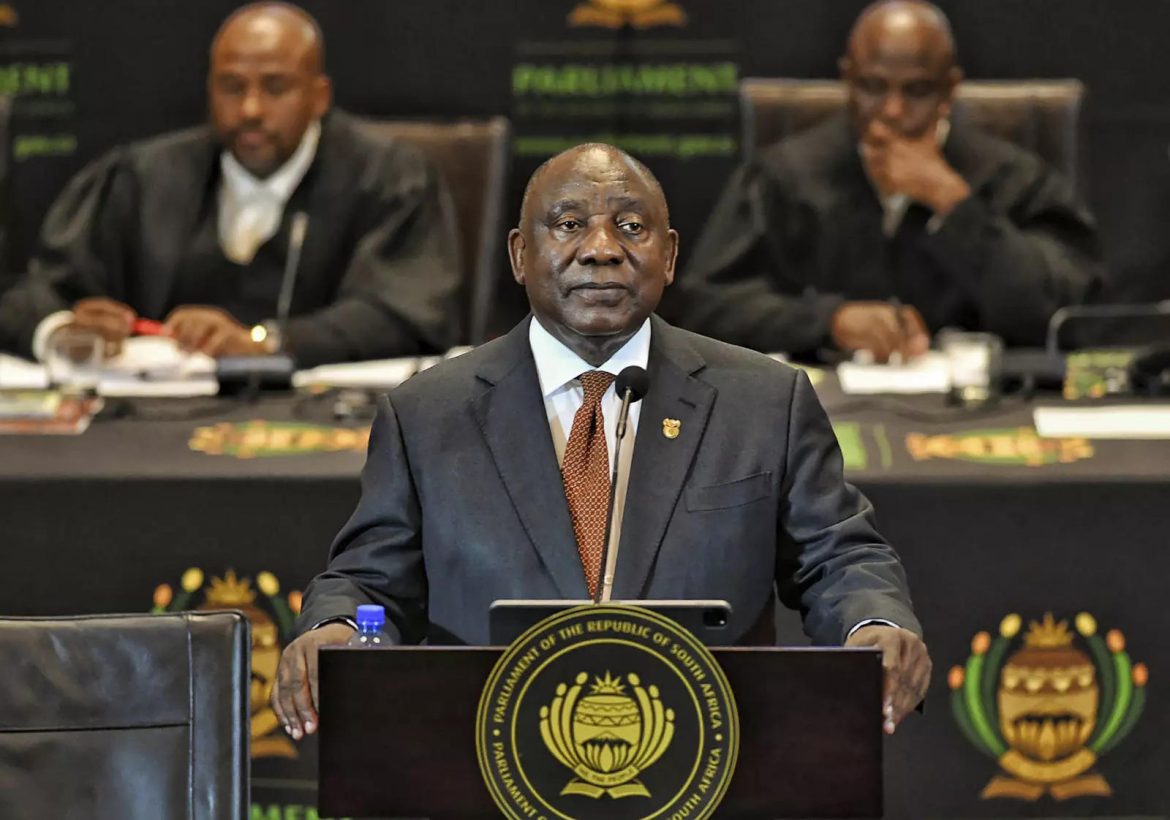The national “state of disaster” that South Africa’s government proclaimed in February to address a dire electricity situation has been lifted.
President Cyril Ramaphosa invoked disaster legislation on February 9 to combat the crisis, which included daily rolling power cuts by state utility Eskom because of regular failures at its aged coal-fired power plants and years of corruption.
The declaration of a catastrophe provided the government with more authority to deal with the issue, including the ability to use emergency procurement methods with less bureaucratic red tape and monitoring.
Cooperative Governance and Traditional Affairs (CoGTA) Minister Thembi Nkadimeng said in a statement on Wednesday that the government will now work through its Energy Crisis Committee to lessen the impact of power outages utilizing current law and backup plans.
Kgosientsho Ramokgopa, the recently appointed electricity minister, recently paid a visit to the power plants of the ailing utility as part of measures to lessen the impact of the problem. According to CoGTA, he held discussions with Eskom and the government to find a solution to the electrical shortages.
The government claimed that these changes led it to decide to eliminate the disaster regulations.
Read Also: just-stop-oil-activists-convicted-over-london-road-blockade
State disaster law was first implemented to help health officials respond to the COVID-19 epidemic more quickly, but several analysts questioned if it would help increase the availability of electricity.
OUTA, a nonprofit organization that focuses on battling public corruption and tax fraud, also brought the matter up in court.
“The state is withdrawing the national state of disaster in response to OUTA’s legal action challenging its rationality,” the organization said in response to the withdrawal.
OUTA said the disaster regulations would have enabled corruption and that the crisis could be managed using existing laws.
Eskom has implemented scheduled electricity outages since the beginning of the year, with most households and businesses without power for up to 10 hours a day.
The cuts, known locally as “load shedding”, have taken a toll on households and small businesses in Africa’s most industrialized nation.
The utility said it would not comment on the state of disaster withdrawal until it engaged with the government.
Story adapted from Aljazeera
